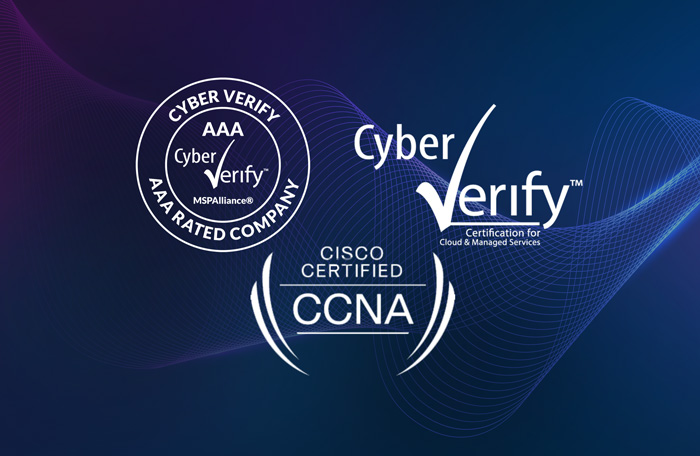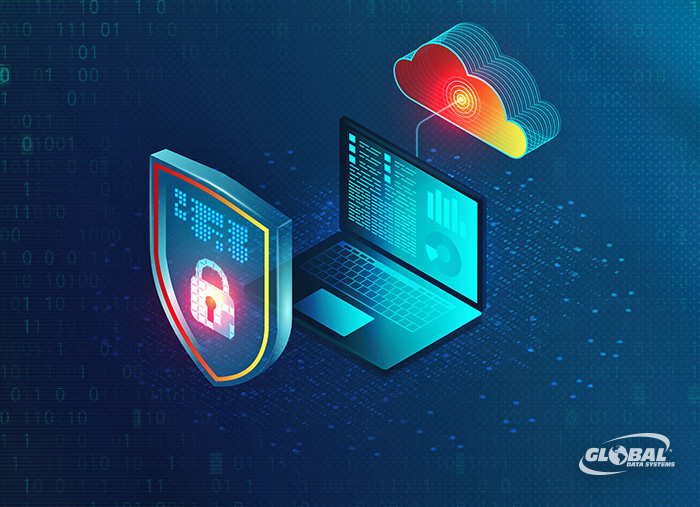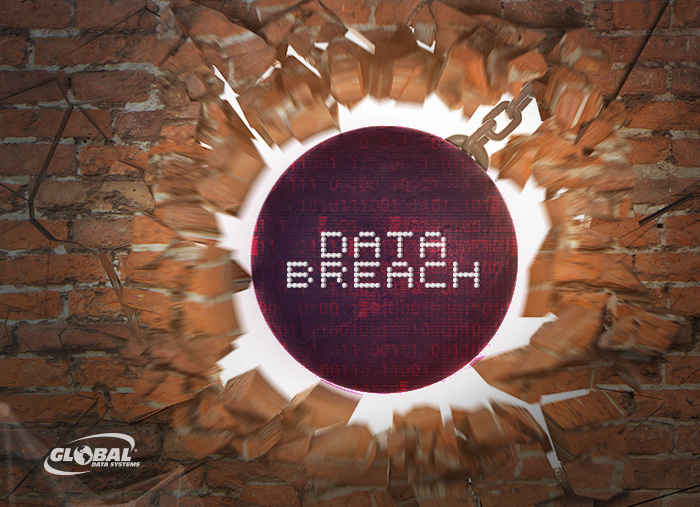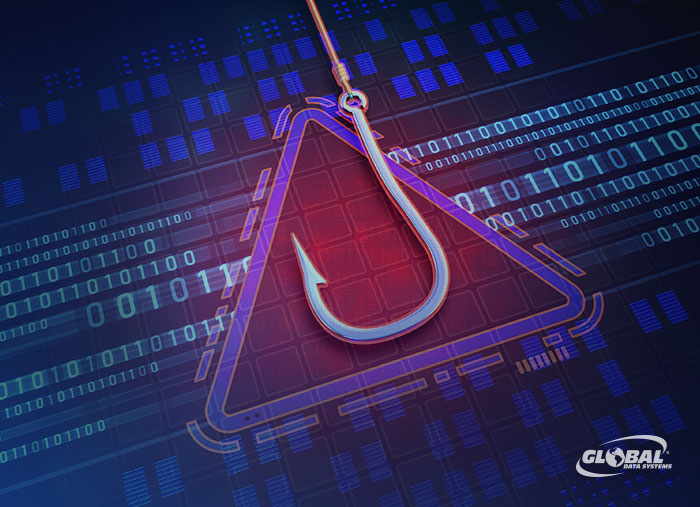Many organizations use managed services providers (MSPs) for a range of basic IT services such as help-desk support, network monitoring, security updates, operating system patches, backup management and so on. While those are all important tasks, they don’t begin to cover all the ways an MSP can support your business.
Many organizations use managed services providers (MSPs) for a range of basic IT services such as help-desk support, network monitoring, security updates, operating system patches, backup management and so on. While those are all important tasks, they don’t begin to cover all the ways an MSP can support your business.
Hybrid and remote workforces, accelerated cloud usage and interconnected supply chains all help modern organizations become more agile and responsive, but there’s a price to be paid.
Hybrid and remote workforces, accelerated cloud usage and interconnected supply chains all help modern organizations become more agile and responsive, but there’s a price to be paid.
The ongoing transition to hybrid work has changed network usage patterns in ways that push legacy wide-area network (WAN) architectures to their limits. Decades-old network architectures designed chiefly to support email and web browsing simply can’t handle the rigorous remote access and cloud connectivity demands of today’s highly distributed workforces.
The total volume of email-borne phishing campaigns has more than doubled over the past three years, with nearly 90 percent of organizations experiencing data breaches as a result. Analysts warn that an elaborate new technique may allow malicious actors to get their hooks into even more prey.
Hybrid IT has become the dominant IT deployment model, with 94 percent of organizations either currently employing a hybrid environment or planning to do so within the next year, according to one new report. However, many are finding that having key resources scattered across a variety of cloud, edge and on-premises infrastructure has dramatically increased IT complexity.
Fast and reliable wired broadband has always been the preferred connectivity option for wide-area networks (WANs), but that’s not always an option in today’s increasingly distributed network environments. Growing numbers of remote users and locations simply can’t be reached by physical connections such as cable, DSL and fiber optic lines.
Cybercrime has evolved into a full-blown existential threat, creating financial and operational burdens that many organizations simply cannot overcome.
Although the consequences of data loss are well understood, a shocking number of businesses don’t have an adequate backup strategy in place. Recent research from IDC finds that 60 percent of organizations across North America and Western Europe experienced unrecoverable data loss over the past 12 months, largely due to infrequent, inadequate or nonexistent backup routines.
In a time of economic uncertainty and ongoing budget constraints, IT organizations can’t afford to make mistakes with their technology purchases. For most, accessing essential IT services and solutions through a managed services provider (MSP) offers a great deal of investment protection.
When an e-mail server crashes, a network hub goes on the blink or a mission-critical application fails, companies with limited or overburdened IT staff often depend on a managed service provider (MSP) to come to the rescue. However, this technology-centric perspective doesn’t take full advantage of the benefits an MSP can offer.
The transition to hybrid and remote work models places considerable strain on legacy network architectures, forcing organizations across the globe to address increased demand for bandwidth, cloud access and borderless security. Eight in 10 organizations report they are struggling to meet current business requirements with their existing infrastructure, according to a recent IDG study.
On Feb. 5, 2021, a hacker accessed computer systems at the Oldsmar, FL, water treatment facility and raised the level of sodium hydroxide (lye) in the water to more than 100 times the normal level. Fortunately, an alert employee noticed the change and reversed it before there was any adverse effect.
Businesses across all industry sectors are eager to leverage automation, analytics and other next-generation technologies to create new opportunities and efficiencies. At the same time, however, the uncertain economic climate is forcing many organizations to rein in spending and exercise greater budget discipline.
Cybersecurity, application modernization, digital transformation, cloud optimization, edge computing, process automation and advanced analytics are some of the top business technology priorities. All present significant challenges for IT organizations dealing with staffing and budget limitations while trying to handle an increasing of day-to-day responsibilities.
The pandemic fundamentally changed how businesses use technology — as well as how they pay for it. Increased cloud usage not only allowed companies to accelerate IT innovation to support new operational requirements, but provided the budget stability that made such investments practical during a time of unprecedented uncertainty.
Modern businesses depend on the Internet more than ever — analysts say global Internet usage has increased by an astonishing 1,355 percent since 2020. That increased online presence has been a boon for hackers and other malicious actors, with one recent study estimating that 85 percent of all malware is now delivered via web browsing.
The trend toward remote and mobile work was already picking up steam prior to 2020. The pandemic accelerated this shift and, in many cases, organizations didn’t have time to secure their endpoints. Today, employees are using their own devices and accessing resources through the cloud more than ever, but endpoint security is still lagging behind.
The latest update to the Payment Card Industry Data Security Standard (PCI DSS) is the first since 2018. That’s an eternity in the world of industry regulations and the technology required to satisfy those regulations. As a result, it should be no surprise that the new standard, PCI DSS 4.0, brings major changes. Any organization that handles cardholder data should be reviewing it now so they can start the process of becoming compliant.
In an era of distributed computing environments, software-defined WAN (SD-WAN) has emerged as the most efficient way to manage the increased network traffic and intensified connectivity demands required to link rising numbers of people, devices and applications. The benefits are so compelling that some industry analysts anticipate triple-digit growth of the SD-WAN market over the next year.
Many organizations are looking to get out of the business of maintaining data center infrastructure onsite. However, not every workload is suitable for the public cloud. Organizations still need to host certain mission-critical applications on infrastructure they control.
Sharp increases in ransomware and other malicious cyberattacks are leading more companies to consider purchasing cyber insurance. However, the same market forces are making it more difficult to acquire such protection.
Every state in the U.S. has data breach notification laws. In Delaware, for example, if a breach requires a certain number of residents to be notified, the organization must also provide notice to the attorney general. Some states require organizations to provide credit monitoring services to those affected by a breach of financial data.
Cybercrime has always represented an existential threat to businesses — many companies go out of business within six months after a data breach. Following a record year for ransomware and other cyberattacks, organizations worldwide are reassessing their cybersecurity plans, priorities and budgets.
“Curiosity killed the cat,” goes the old warning about being too inquisitive. An unusual new mobile phone phishing scam is apparently counting on victims to be a little too curious for their own good.


























